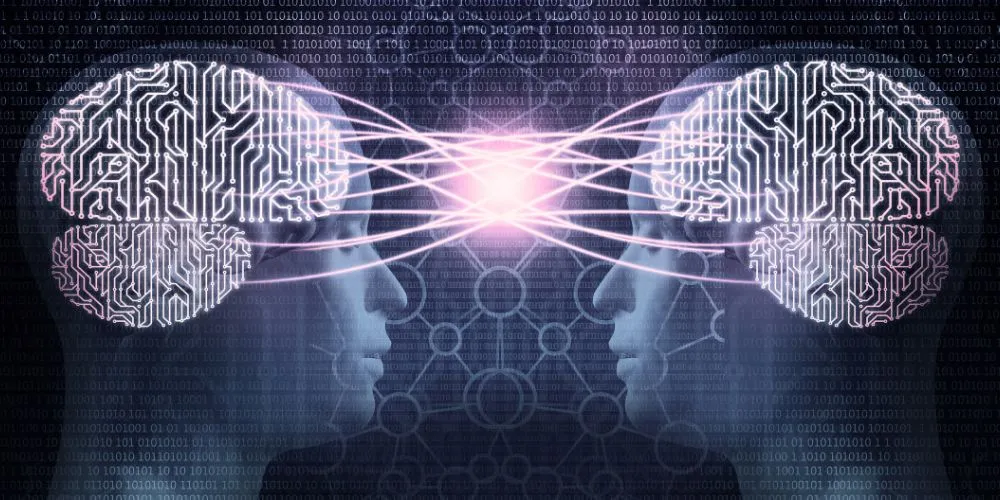Key Points
- Mind-uploading promises to transform human existence by digitizing consciousness, potentially offering digital immortality beyond biological constraints.
- Scientists aim to replicate neural networks through algorithms, paving the way for transferring memories, emotions, and thoughts into a digital format.
- The pursuit of mind-uploading sparks profound discussions on identity, privacy, and the existential implications of manipulating consciousness.
- Enthusiasts envision a future where individuals can exist in virtual realms or artificial bodies, challenging traditional notions of mortality and physical existence.
In a groundbreaking leap toward the future, scientists and tech visionaries are pushing the boundaries of human existence through mind-uploading. This concept could transform consciousness into a digital form. This cutting-edge technology envisions transferring the complexities of the human mind, including memories, thoughts, and emotions, into a digital format, giving rise to the prospect of digital consciousness.
As the pursuit of artificial intelligence and neurotechnology advances, the idea of mind-uploading gains momentum, sparking debates about the ethical, philosophical, and existential implications of such a transformative innovation. Researchers are exploring ways to replicate the intricate neural connections of the brain, aiming to create a digital replica that mirrors an individual’s consciousness.
The process involves mapping the brain’s neural pathways and translating them into algorithms, effectively capturing the essence of one’s mind. This digital consciousness could then be transferred to a computational substrate, allowing individuals to exist in a virtual realm or even be integrated into artificial bodies.
Enthusiasts of mind-uploading anticipate a future where the limitations of mortality could be overcome, offering a form of digital immortality. Imagine a world where individuals can continue their existence beyond the constraints of biology, interacting in a realm where the boundaries between the physical and digital blur.
However, this vision is not without its challenges and ethical considerations. Skeptics and ethicists raise questions about the nature of identity, the potential loss of privacy, and the consequences of manipulating consciousness. The profound impact on concepts such as death, individuality, and the meaning of life itself forces society to grapple with the deep implications of such technological advancements.
While mind-uploading remains speculative, the rapid progress in neuroscientific research and artificial intelligence brings it closer to possibility. As the scientific community continues to explore the intricacies of the human brain, the prospect of achieving digital consciousness opens new frontiers that could reshape the very fabric of human existence.
In this era of technological evolution, the convergence of neuroscience and artificial intelligence may usher in a new chapter where the boundaries between the mind and machine blur, challenging our perceptions of reality and identity in ways previously deemed unimaginable.




